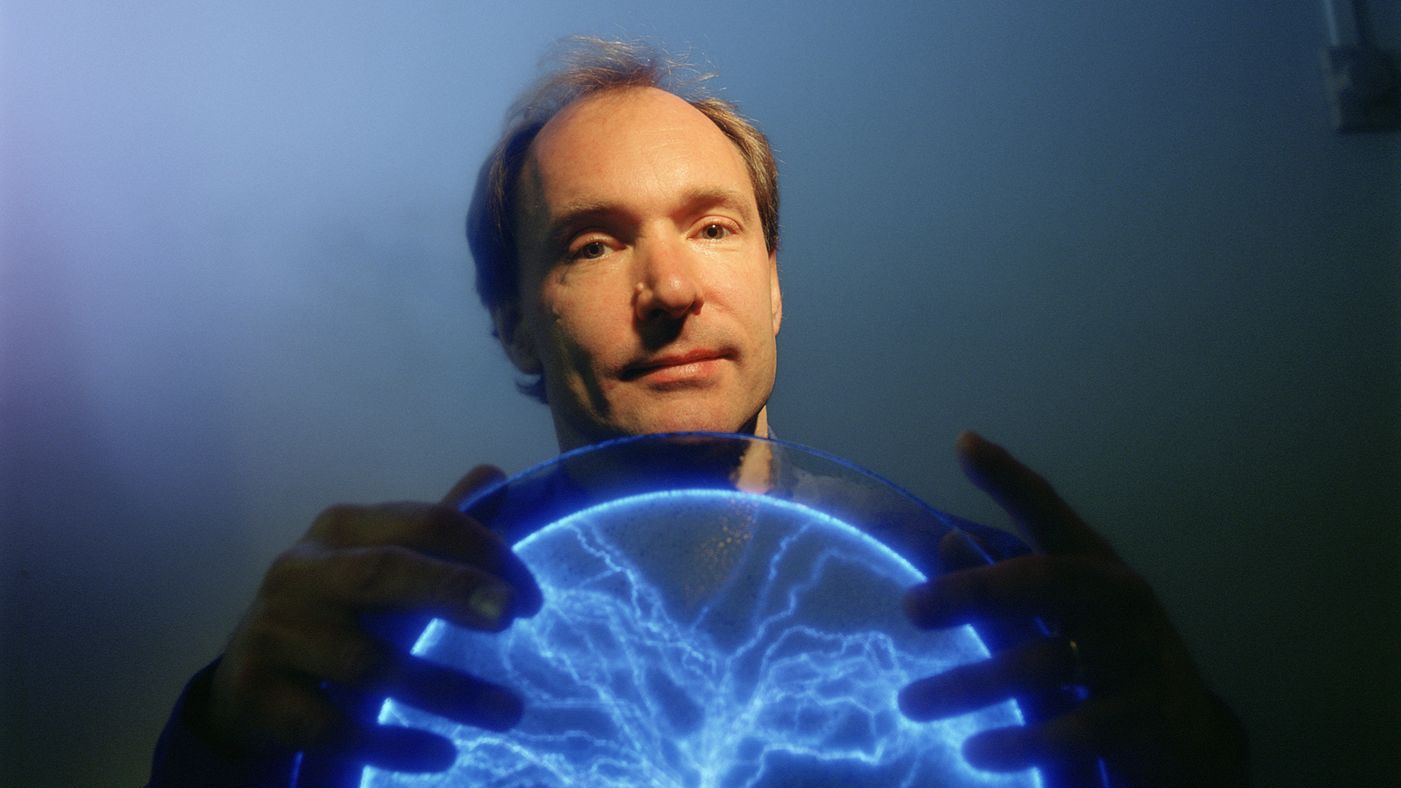Tim Berners-Lee Named Three Network Threats

Since then, as one of the creators of the World Wide Web, Tim Berners-Lee, presented his first solution for it, 28 years have passed. Then he imagined the network as an open platform that would allow everyone everywhere to share information, gain access to opportunities and destroy cultural and geographical boundaries.
In many ways, the Network has justified this vision, although there is a constant struggle to leave it open. The events of the past year and the consequences they entailed forced Tim Berners-Lee to worry. He encourages users to jointly address these problems so that the Network can realize its true potential as an instrument that serves all of humanity.
')
Users have lost control of their personal data.
The current business model of many websites offers free content in exchange for personal data. Many agree with this - although often without looking at accepting long and complicated documents with conditions, in principle, without opposing any information to be collected in exchange for free services.
Since data are subsequently stored in proprietary repositories, we do not take into account opportunities that we could realize if we could directly control the information and choose when and with whom to share it. Moreover, we often cannot select data that we would not like to share with companies.
Ubiquitous access by companies to user data has other implications. Thanks to the cooperation or coercion of companies, governments are increasingly monitoring every step users have on the Internet, and pass laws that violate privacy rights.
Using the example of repressive regimes, one can easily assess the harm done: bloggers can be arrested and killed, and political opponents can be controlled. But even in those countries where, as many believe, governments put the interests of citizens above all, they continue to monitor citizens. This has a frightening effect on freedom of speech and makes it difficult to use the Internet as a space to study important topics, such as health problems, sexuality, or religion.
Easy spread of misinformation on the web
Today, most people find news and information on the Internet through several social networks and search engines. These sites make more money when we click on the links that show us. They also choose what to show us based on information extracted from our data. The end result is that these sites show us fake news that surprise, shock, or indulge our prejudices, and spread at the speed of a forest fire. Using data science and army bots, those who have less than fair intentions can use this system to spread disinformation for financial or political gain.
Political advertising on the Internet requires transparency and understanding
The fact that most people get information from several platforms, and the increasingly sophisticated use of algorithms based on rich personal data pools, means that during political campaigns, separate advertising content is now being created that focuses directly on users.
One of the sources of Berners-Lee suggests that in the US elections in 2016, up to 50,000 advertising elements were published on Facebook every day, which made their monitoring almost impossible. There is an assumption that some of the political advertising in the United States and around the world is used in an unethical manner, for example, in order to point voters to fake news sites or keep others from voting. Targeted advertising allows you to say completely different, conflicting things during a campaign.
These are complex problems, and their solutions will not be easy either. But there are already a few general directions to progress. Berners-Lee encourages working together with web companies to achieve a balance that brings a fair level of data control into the hands of users, including the development of new technologies, such as personal data packages, if necessary, and exploring alternative revenue models, such as subscriptions and micropayments.
He believes that users should combat the government’s excessive oversight of oversight laws, including through the courts. The online community must reject disinformation, encouraging “gatekeepers” such as Google and Facebook to continue their efforts to combat this problem, while avoiding the creation of any central authorities for deciding what is true and what is not .
We need a lot of algorithmic transparency to understand how to make important decisions that affect our lives, and perhaps the general principles that need to be followed. Now there is an urgent need to close the "blind spot on the Internet" in regulating political campaigns.
The Berners-Lee Web Foundation team will work on many of these issues as part of a new five-year strategy: explore problems in greater detail, develop proactive political solutions. They also compiled a catalog of other copyright protection organizations around the world so that users can explore and consider the possibility of support.
All blogs, posts, tweets, photos, videos, apps, web pages and more are the contributions of millions of people around the world creating an online community. Everything: from politicians fighting for the openness of the Internet, organizations and standards that increase the power, availability and security of technology and people who protested on the streets. Society has taken upon itself the responsibility of creating the network that we have now, and now the creation of the network we want also depends on us all, Berners-Lee writes.
Source: https://habr.com/ru/post/370263/
All Articles